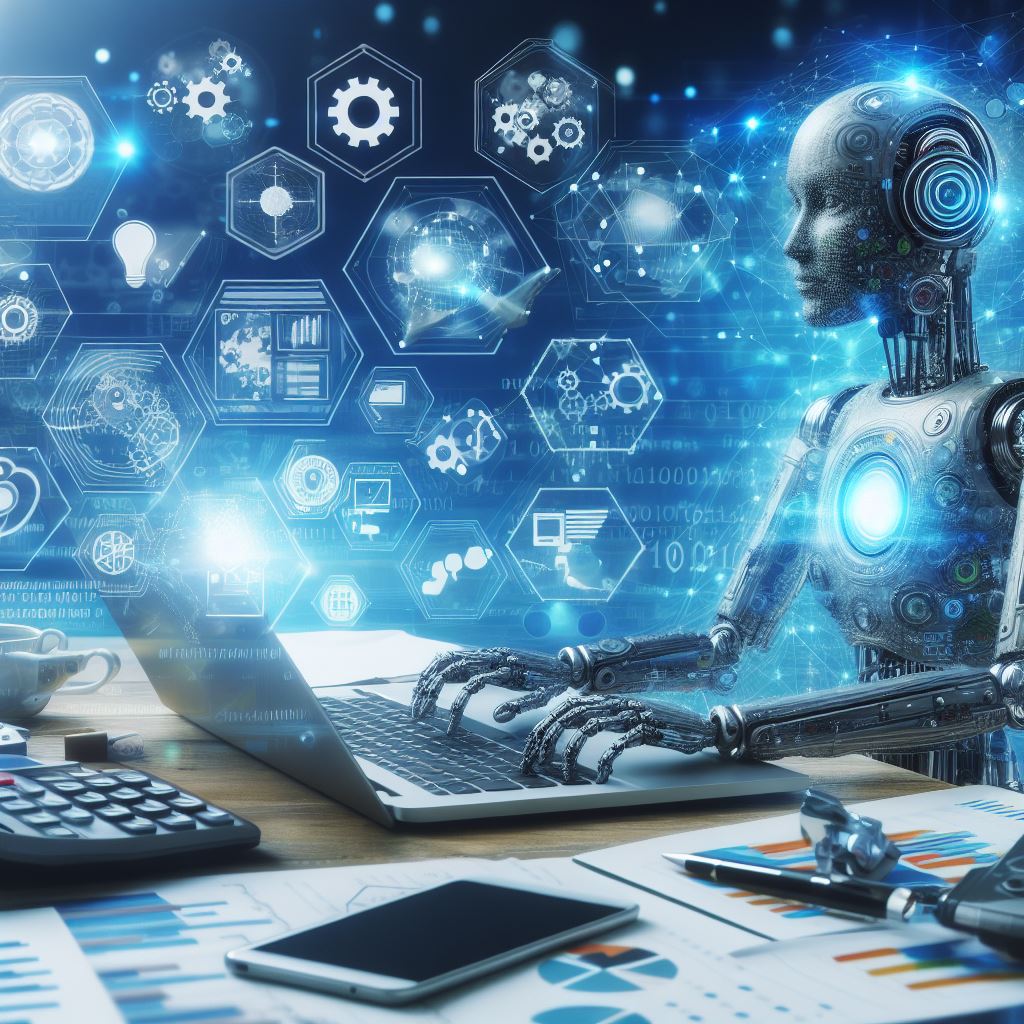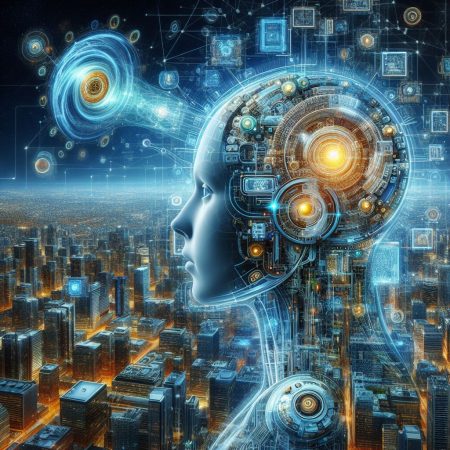Artificial Intelligence and its Role in Software Development
Artificial intelligence (AI) has ceased to be a futuristic promise and has become a palpable reality that is redefining modern software development. This technology, which simulates human intelligence using algorithms and machine learning, is driving significant changes in the way software applications are conceived, designed and maintained.
Technological Focus
Software development has always been a constantly evolving field, but AI is taking it to a new level. Programmers can now rely on intelligent assistants to help them navigate the vast amount of information available, quickly identifying the most suitable solutions for their projects. This not only saves valuable time but also increases the accuracy and quality of the developed software.
Continuous learning
Continuous learning is, without a doubt, a fundamental pillar in the career of any software developer. In a field that evolves at a dizzying pace, the ability to adapt and learn new technologies, languages and methodologies is crucial for professional success. Artificial intelligence (AI) plays a transformative role in this regard, acting as a catalyst for knowledge and efficiency. AI-based tools such as online learning platforms, code assistants, and recommendation systems are automatically updated with cutting-edge information, allowing developers to access up-to-date educational resources personalized to their needs and learning pace.
These AI tools not only offer relevant content, but also provide interactive environments where developers can experiment and apply what they learn in real projects, thus strengthening their understanding and practical skills. Additionally, AI can analyze learning and performance patterns, offering personalized recommendations that guide users through optimized learning paths. This not only improves knowledge retention, but also accelerates the learning process, allowing developers to stay competitive and at the forefront of technological innovations.
Human-machine collaboration in continuous learning also encourages a more holistic approach to professional development. While AI takes care of content curation and delivery, developers can focus on more creative and strategic aspects of their work. This includes solving complex problems, designing innovative software architectures, and contributing to open source projects, often requiring a level of critical thinking and adaptability that goes beyond what AI can currently offer.

Improved Problem Solving
Artificial intelligence (AI) is revolutionizing the field of software development, offering more efficient and creative solutions to problem solving. Its ability to process and analyze large volumes of data at a speed and precision that exceeds human capacity allows us to identify patterns and solutions that often go unnoticed.
Additionally, AI can learn from previous interactions and results to continually improve its performance. This not only speeds up the development process, but also improves the quality of the software produced, resulting in more robust and reliable applications. With each advance in this technology, new possibilities open up to address even more complex challenges, marking a promising future for the software industry.
Stimulus of Creativity
Contrary to popular belief that AI could limit human creativity, it is proving to be a source of inspiration. By automating repetitive and tedious tasks, it frees developers to focus on more creative aspects of software development, such as user experience design and feature innovation.
Adaptation for Beginners
AI is democratizing software development. AI-powered tools and platforms are making it easier for beginners to learn how to program and develop software, leveling the playing field and allowing a broader range of people to contribute to the world of software.
Labor Impact
A common concern is the impact of AI on employment. However, rather than replacing programmers, AI is transforming their roles, allowing them to take on more strategic and creative tasks. This could lead to greater job satisfaction and the creation of new types of jobs in the technology sector.
Conclusions
In conclusion, AI is not just another tool in the arsenal of software developers; It is a paradigm shift that is redefining the industry. With its ability to learn, adapt, and efficiently solve problems, AI is setting a new standard for what is possible in software development. And this is just the beginning.
Bibliography
- Ciniselli, M., Puccinelli, N., Qiu, K., & Di Grazia, L. (2024). “From Today’s Code to Tomorrow’s Symphony: The AI Transformation of Developer’s Routine by 2030”. arXiv preprint arXiv:2405.12731. Disponible en arXiv
- Bodemer, O. (2024). “Revolutionizing Software Development: Harnessing the Power of Artificial Intelligence for Next-Generation Coding Solutions”. ResearchGate. Disponible en ResearchGate
- “Artificial Intelligence Applications for Improved Software Engineering Development: Design, Discovery, and Implementation”. (n.d.). Google Books. Disponible en Google Books
- “Artificial Intelligence and Its Impact on Digital Transformation”. (2024). Springer. Disponible en Springer

